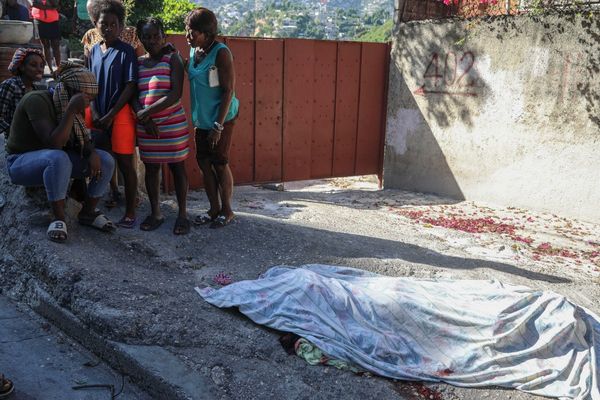
Beijing (AFP) - China said Tuesday it would speed up a push to vaccinate people aged 60 and older against Covid-19 after the country posted record daily case numbers in recent days.
The announcement comes after a weekend of protests demanding an end to the country's strict zero-Covid policy, which responds to even small caseloads with harsh lockdowns and quarantine orders.
Beijing's National Health Commission (NHC) pledged to "accelerate the increase in the vaccination rate for people over the age of 80, and continue to increase the vaccination rate for people aged 60-79".
It also said it would "establish a special working group...to make special arrangements for the vaccination of the elderly against Covid".
"It is necessary to conduct popular science education on the meaning and benefits of vaccination, and fully publicize vaccines' efficacy on preventing severe illness and death," it added.
China's low vaccination rates, particularly among the older population, have long been seen as prolonging Beijing's no-tolerance approach to Covid.
Just 65.8 percent of people over 80 are fully vaccinated, NHC officials told a press conference Tuesday.
And China has not yet approved mRNA vaccines, proven to be more effective, for public use.
Many fear that lifting that policy while swathes of the population remain not fully immunised could overwhelm China's healthcare system and cause over a million deaths.
But the zero-Covid policy has stoked massive unrest, with people taking to the streets in China's major cities on Sunday to protest draconian lockdowns and broader restrictions on freedom of movement.
A deadly fire last week in Urumqi, the capital of northwest China's Xinjiang region, was the catalyst for the wave of outrage, with protesters blaming Covid restrictions for hampering rescue efforts -- claims the government has denied.
China logged 38,421 domestic infections Tuesday, slightly down from record highs seen over the weekend and comparably low when compared to caseloads seen in western countries during the height of the pandemic.







